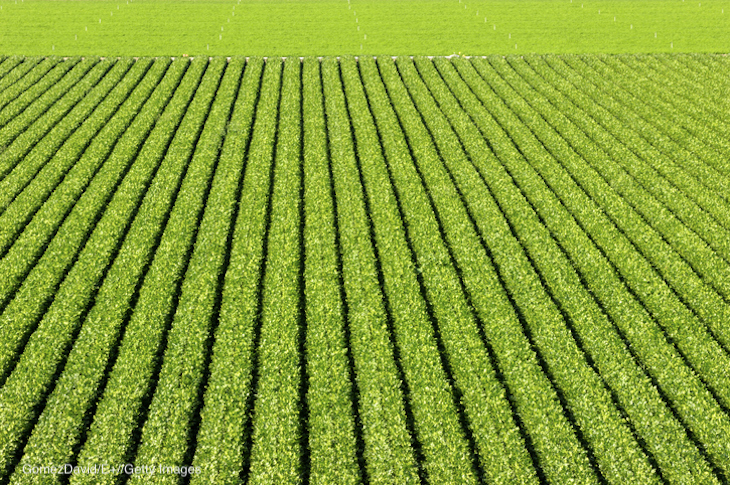For the second year in a row, Canada has put import requirements on U.S. romaine lettuce because of several E. coli O157:H7 outbreaks linked to that product. These requirements will be in effect from September 28 to December 22, 2022. These restrictions were also in place in 2021.

U.S. authorities have identified a geographical area as a recurring source of these outbreaks: the California Salinas Valley counties of Santa Cruz, Santa Clara, San Benito, and Monterey. The temporary Safe Food for Canadians (SFC) license conditions for the import of romaine from these regions has two requirements.
The import requirements on U.S. romaine lettuce are: importers must declare that the product does not originate from those counties, or they must submit an attestation form and Certificate of Analysis for each shipment to “demonstrate that the romaine lettuce does not contain detectable levels of E. coli O157:H7.”
The importer must provide Proof of Origin indicating the state and county where the romaine was harvested if it is from outside those counties in California. Any romaine lettuce or salad mixes containing romaine from those counties must be accompanied by the attestation that the sampling was conducted according to temporary SFC license conditions demonstrating that the product doesn’t have detectable levels of that pathogen.
Romaine lettuce grown in California that has been handled by a certified member of the California Leafy Greens Marketing Agreement (LGMA), and romaine lettuce grown in Arizona that has been handled by a shipper that is a certified member of the Arizona LGMA are allowed. There are detailed rules about sampling the romaine for pathogens, and the amount of lettuce that must be tested.
The Safe Food for Canadians Regulations states that any food that is imported or exported must not be contaminated, must be edible, must not consist in whole or in part of any filthy, putrid, disgusting, rotten, decomposed, or diseased animal or vegetable substance, and must have been manufactured, prepared, stored, packaged, and labeled under sanitary conditions. Further, no person can sell food that has a poisonous or harmful substance or is adulterated.




